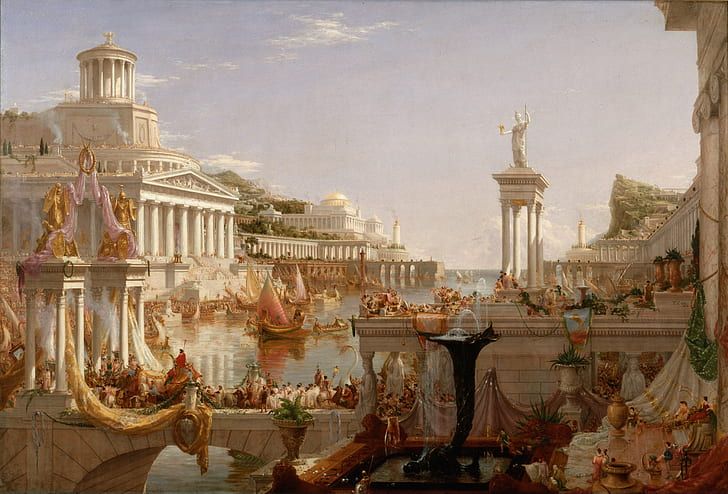×Se ha subscrito satisfactoriamente a Hermes Kalamos
סEstupendo! Ahora, complete el chekout para acceso completo a Hermes Kalamos
סBievenido/a de nuevo! Ha iniciado correctamente la sesión.
×Incapaz de iniciar sesión. Por favor, pruebe otra vez.
סEstupendo! Su cuenta se encuentra totalmente activada, ahora dispone de acceso total al contenido.
סError! Ha fallado la verificación de Stripe.
סÉxito! Se ha actualizado su información de facturación.
סError! Ha habido un error en la actualización de su información de facturación.


